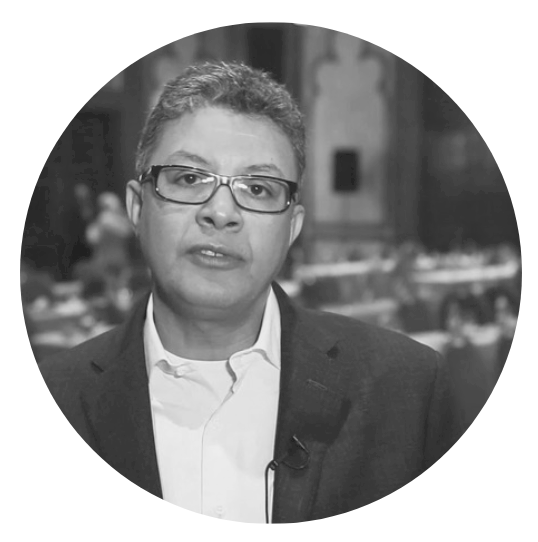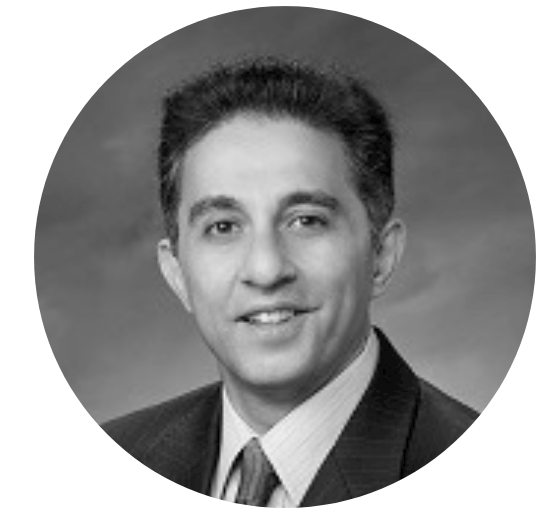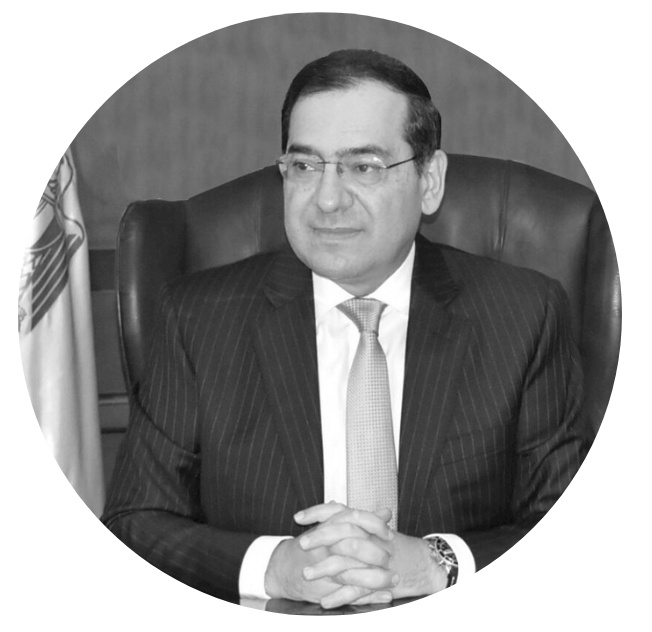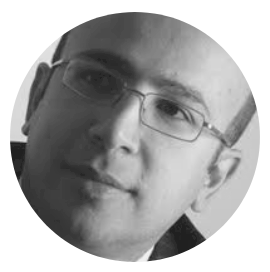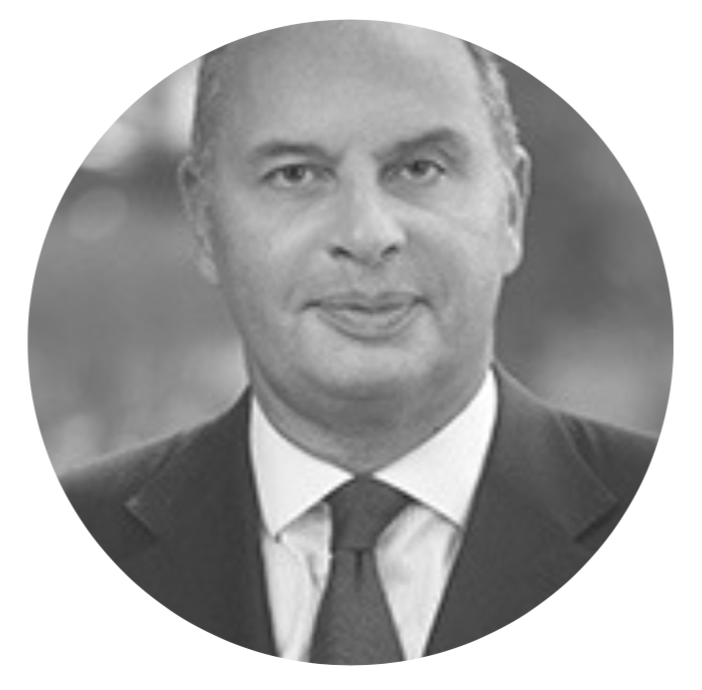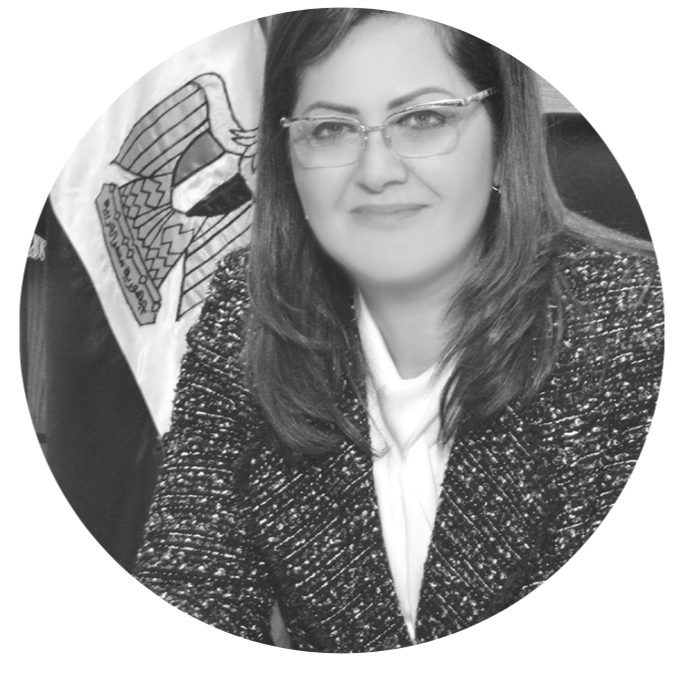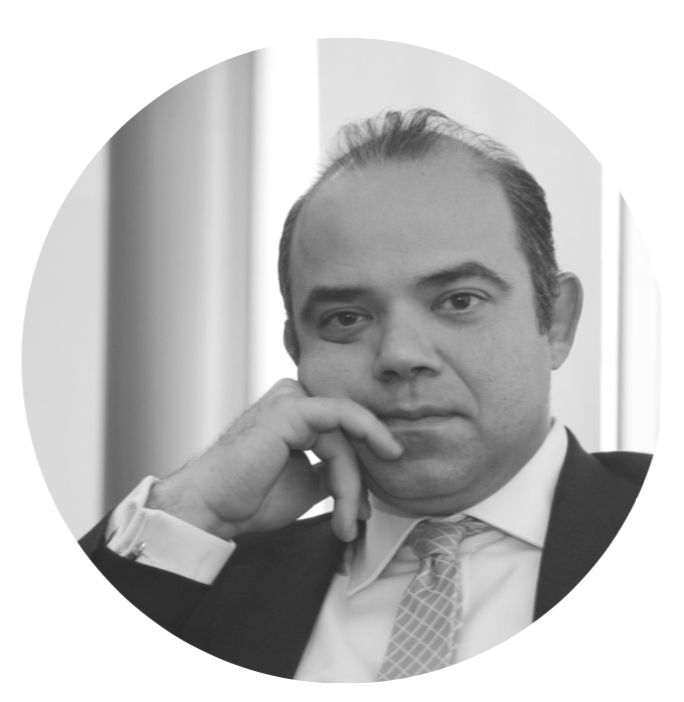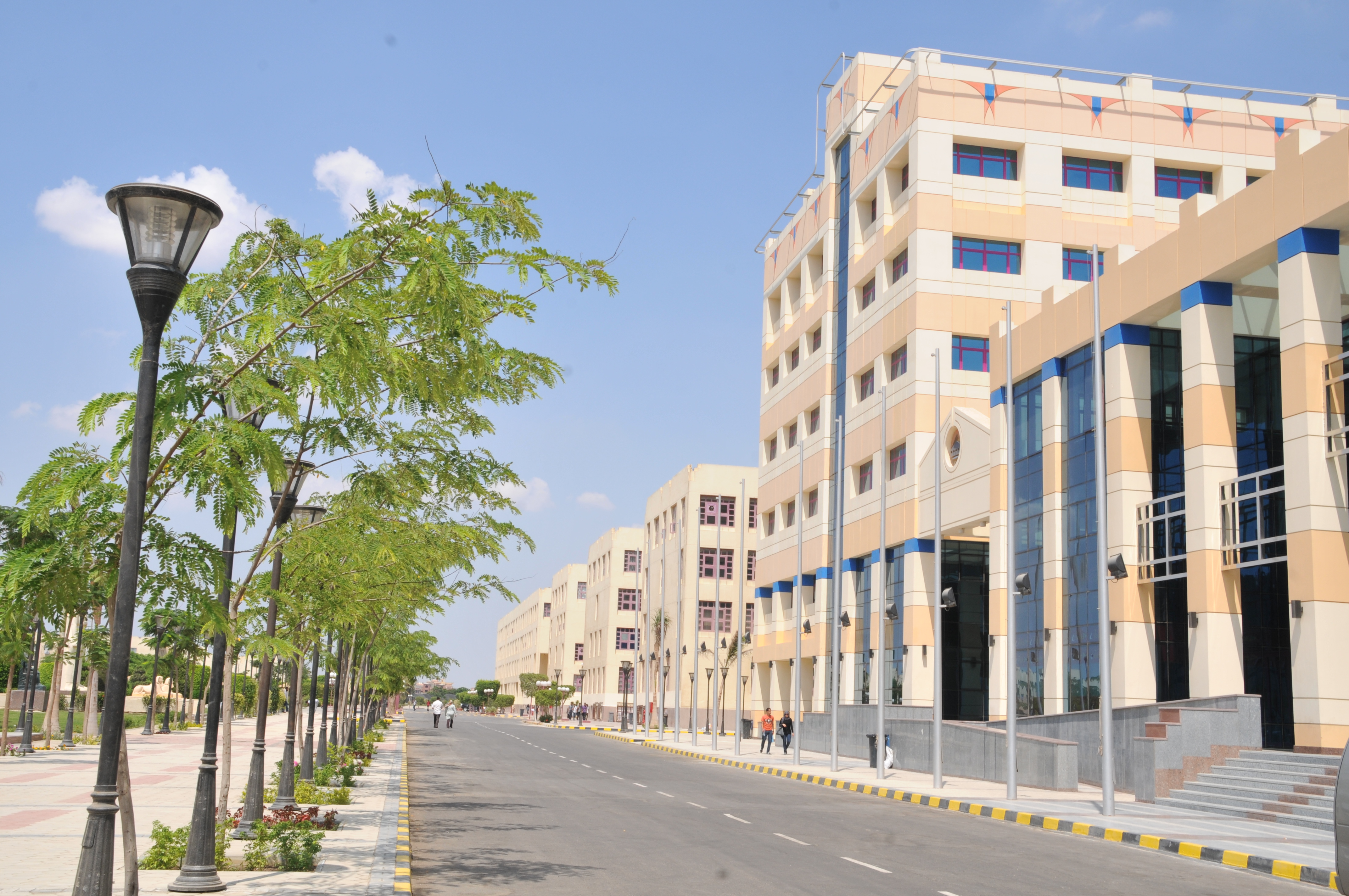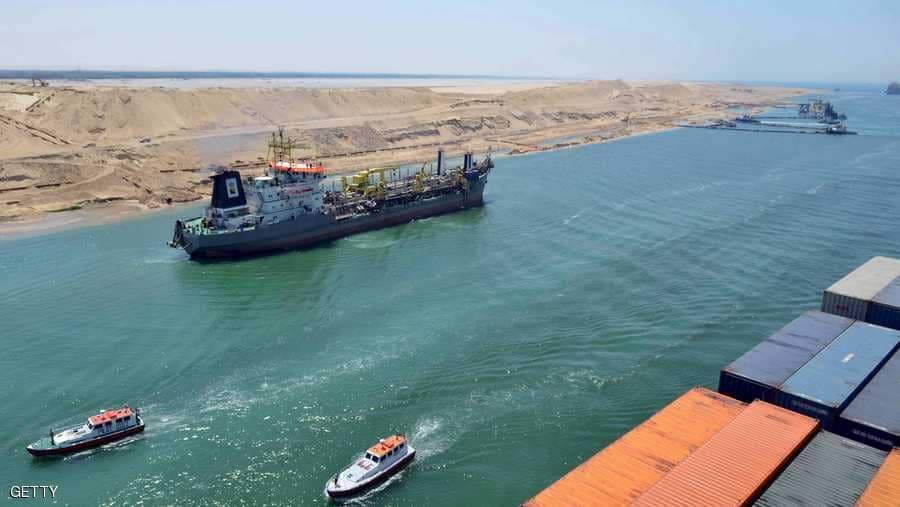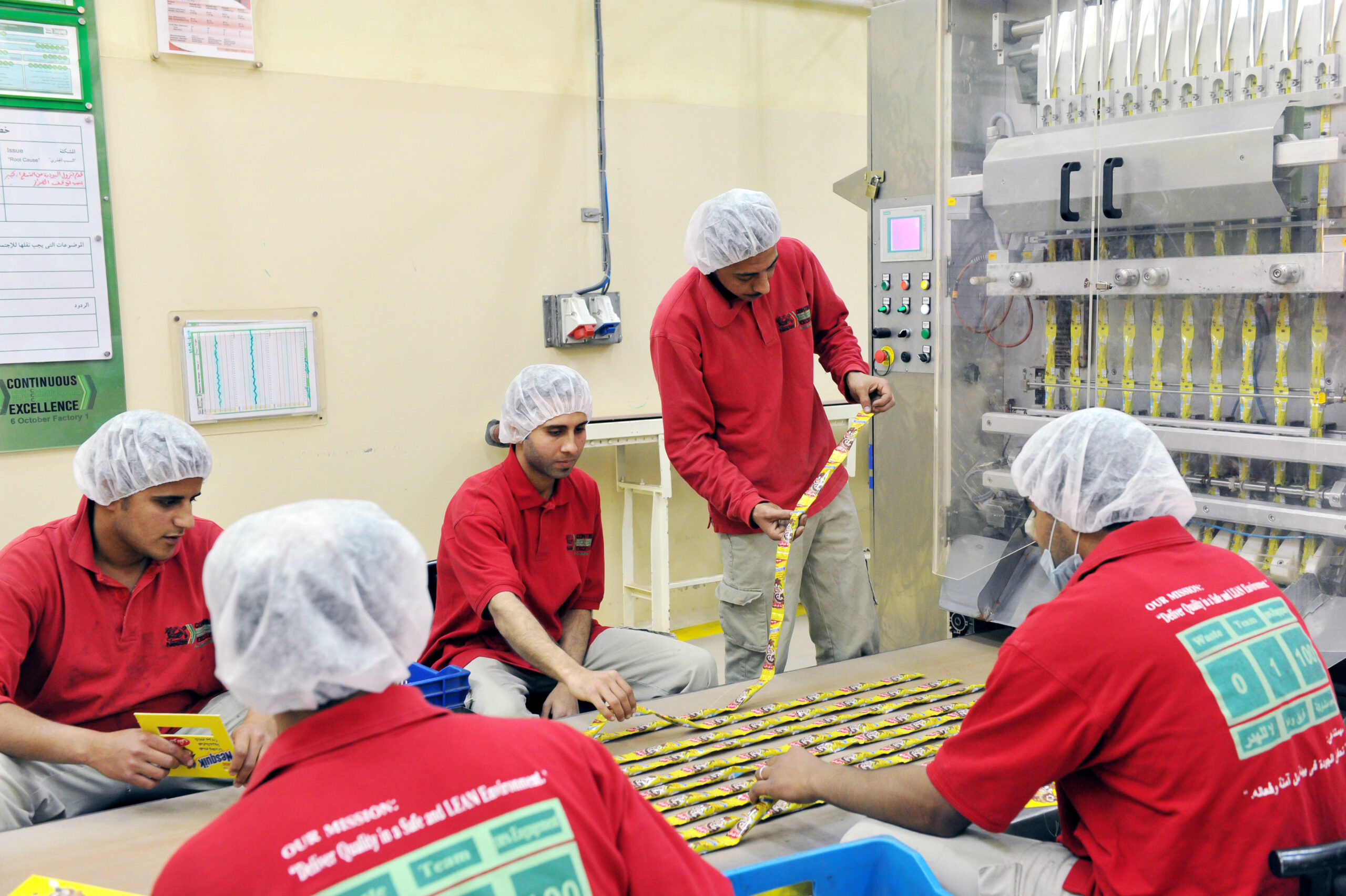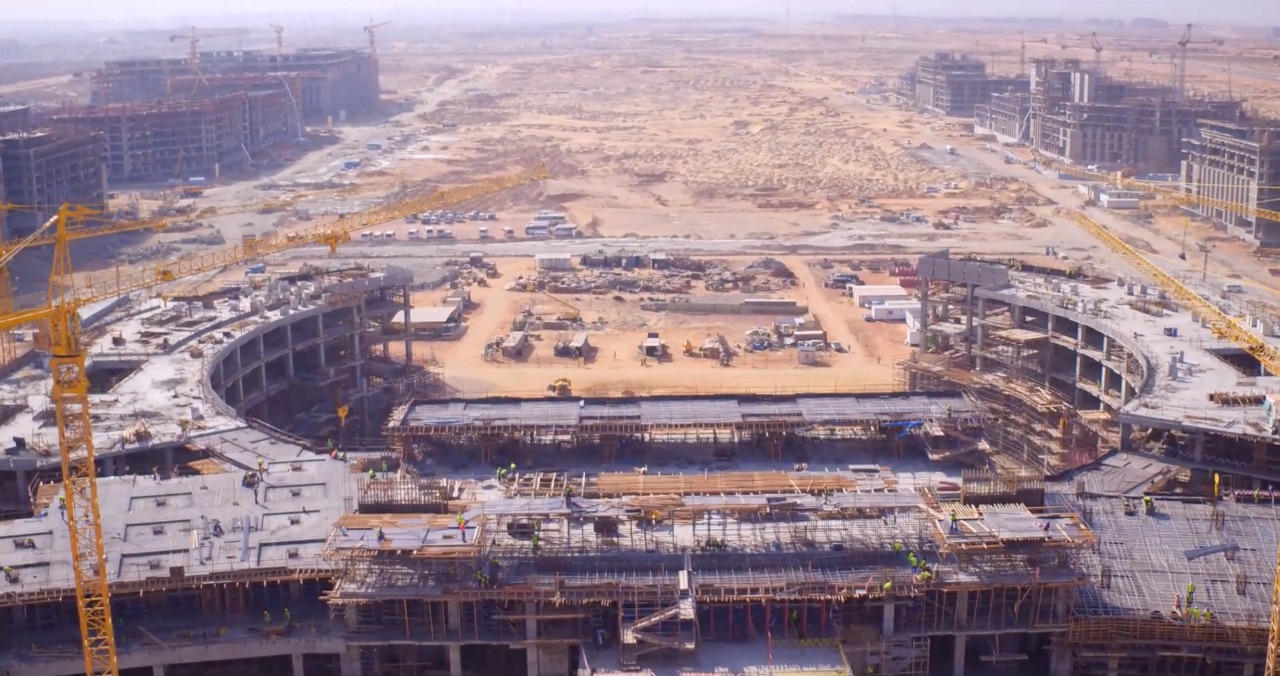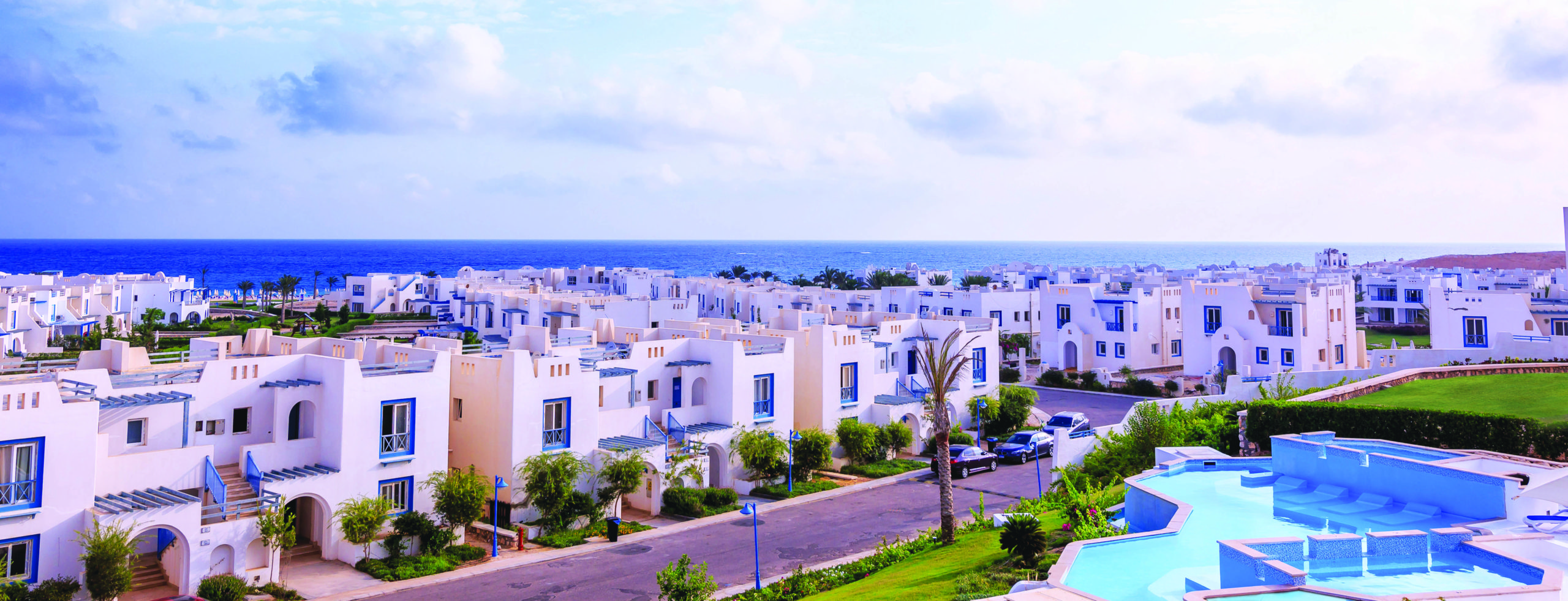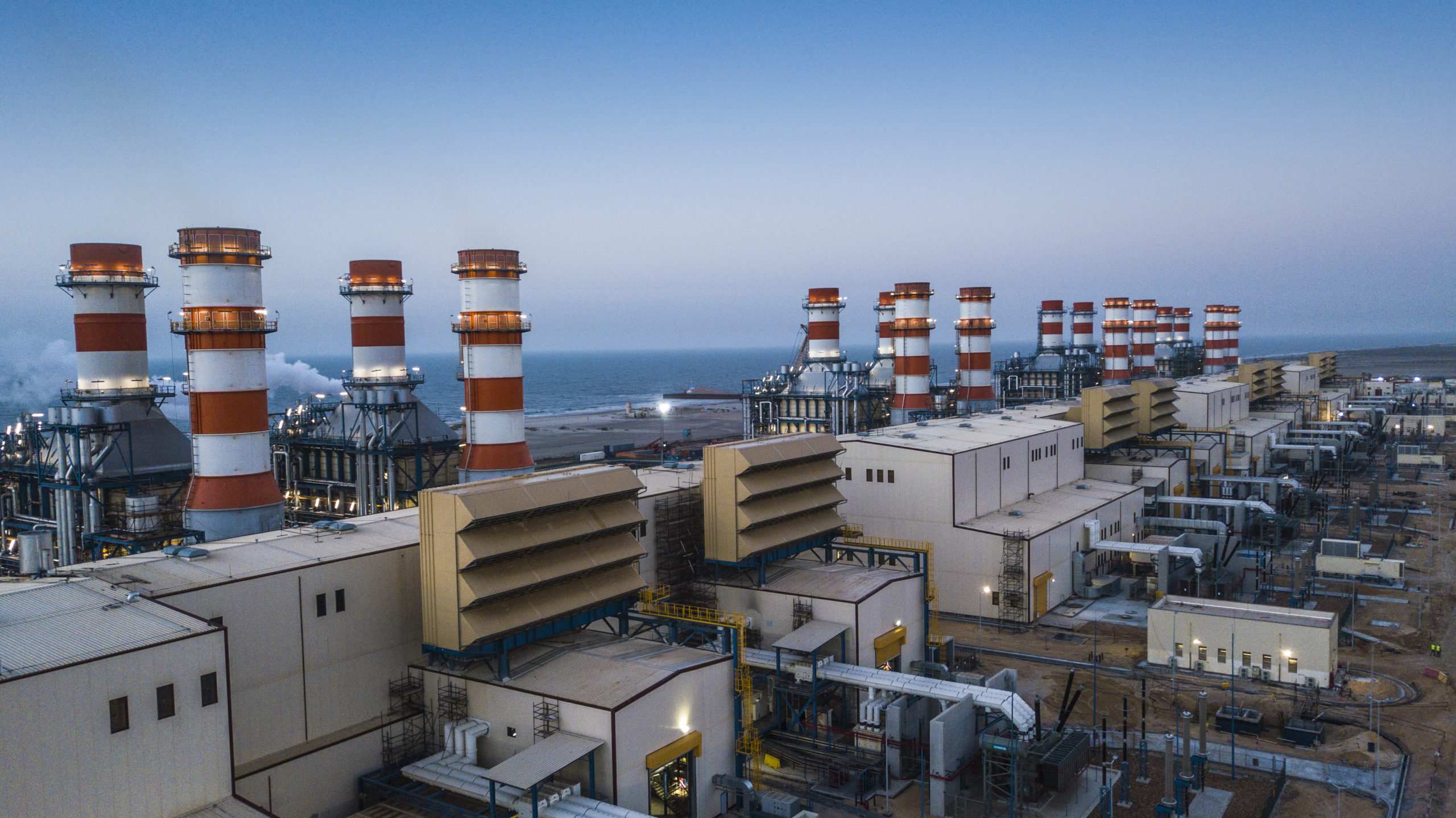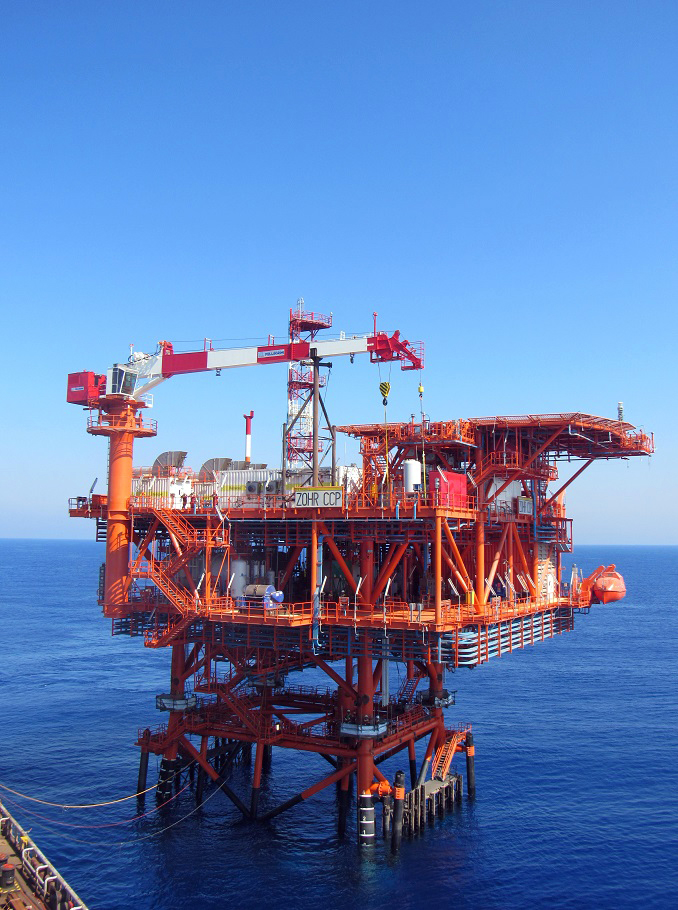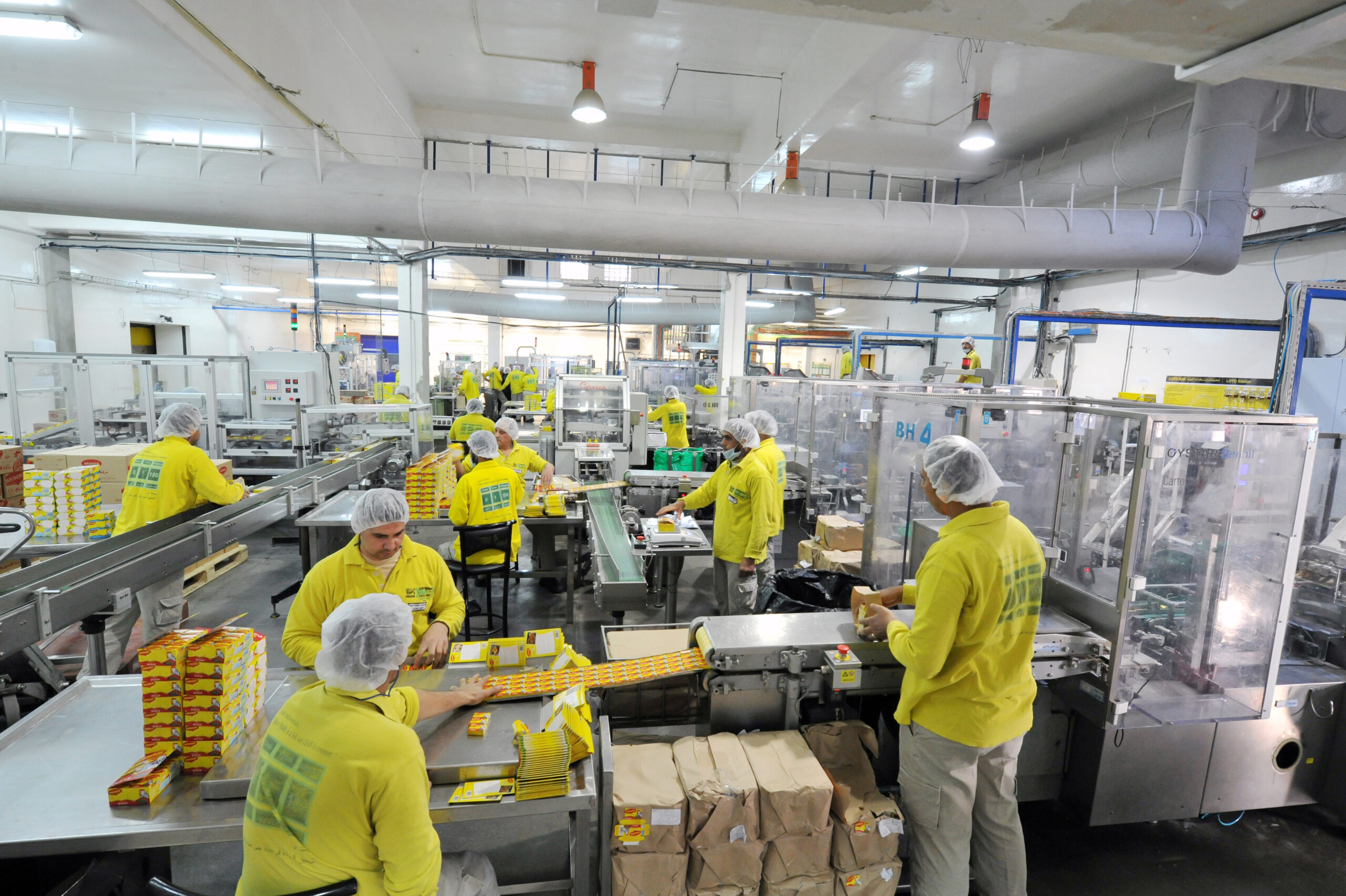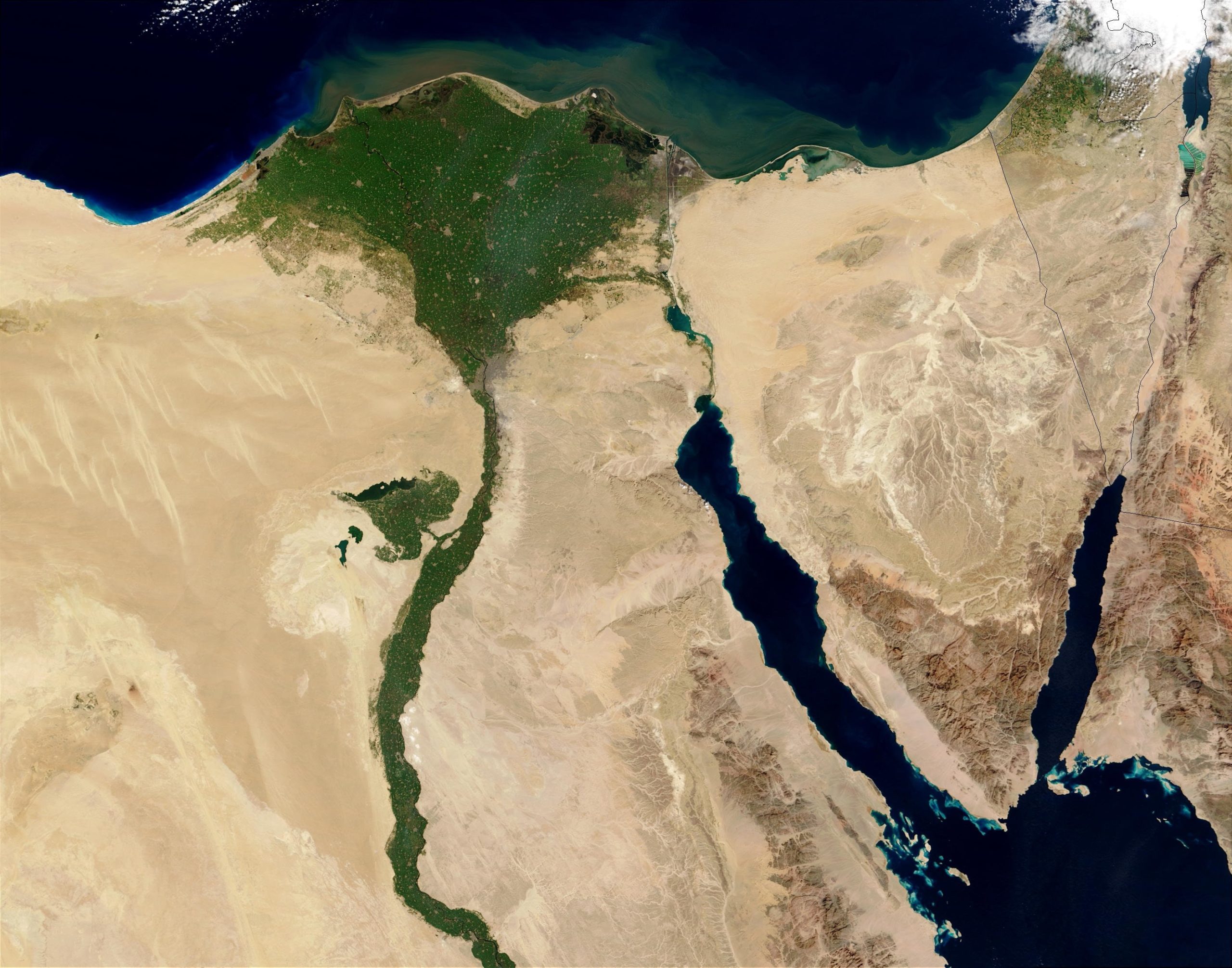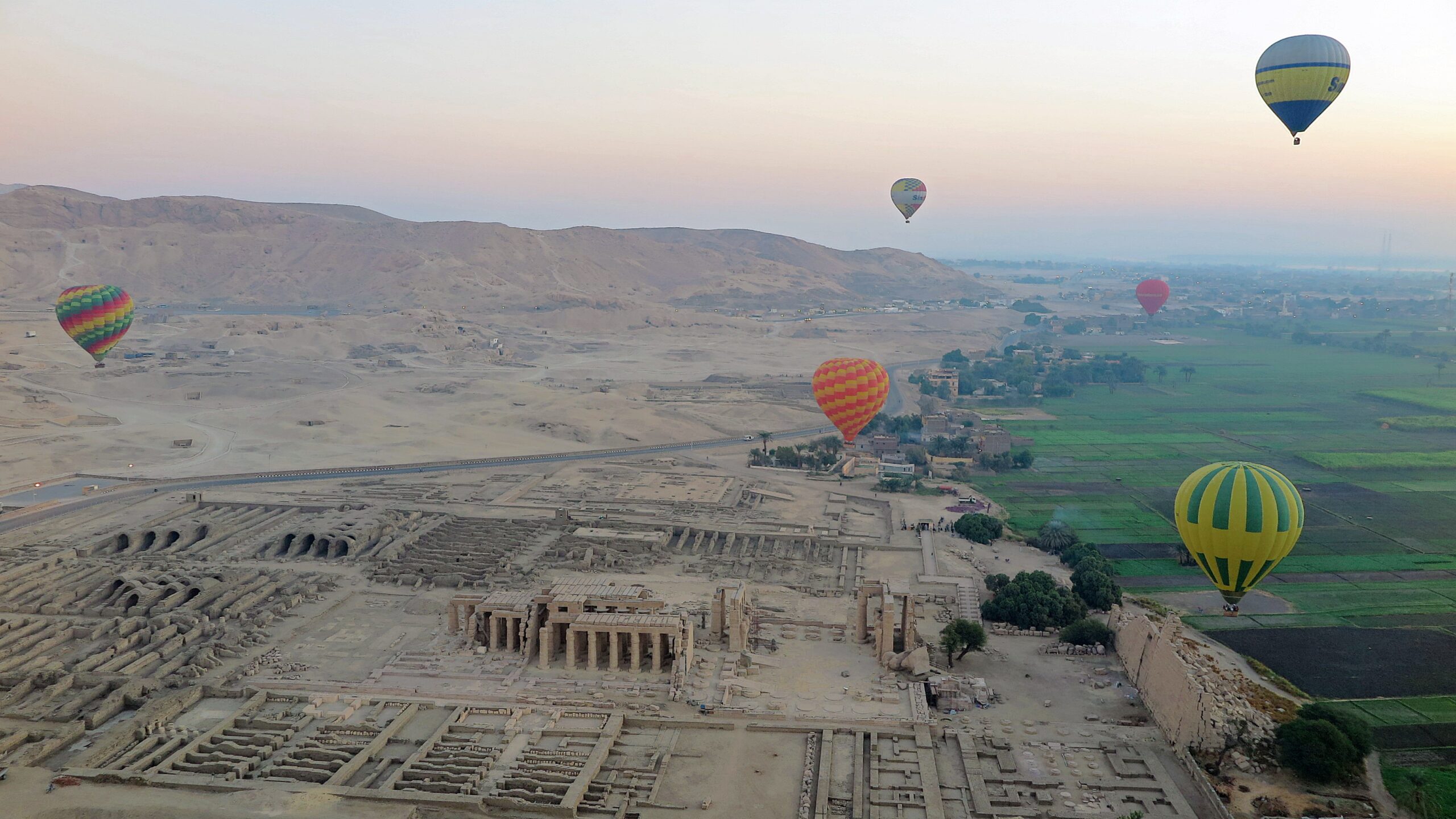
Interview: Roland Fischer, CEO, Oerlikon
Oerlikon creates new innovative solutions to tackle some of the world’s greatest challenges. With their engineering technology, they can give products improved and more desirable functions. These applications are specially designed for growth sectors, and utilized across various industries, including automotive, aerospace, energy, tooling and additive manufacturing.
Is global digitization eroding western competitiveness?
When it comes to the pure application of digitization, Europe and even the US in many respects, are falling behind Asia, for example cashless mobile payments. The most important challenge of digitization is ensuring the population adapts to the new trend and starts embracing it. Within industry, everyone is doing a lot of work and moving in the right direction when it comes to digitalization, but western economies need to accelerate their efforts. We need to carefully identify the areas where western societies can remain competitive, and ensure we maintain a competitive advantage and implement digitization across society. When it comes to industry, such as machine building, chemicals and pharma, Switzerland has a strong base. These are the areas we have to focus our efforts on.
What is the core strength of Swiss industry?
Innovative research and development is a strong pillar within Swiss industry’s value added proposition. The continuous spending done by private companies, like Oerlikon, in R&D activities continues to ensure national competitiveness. Another core pillar driving Swiss industry comes from the local culture. The Swiss have a strong awareness of their strengths and a deep intrinsic interest in finding solutions to global questions. This cultural dimension fosters an inquisitive ecosystem where innovation thrives.
How is industry preparing to meet evolving client needs?
The future success of companies no longer relies solely on technical capabilities, but in their ability to match expectations and mainstream market needs. It is critical for entities to understand the expectations of the next generation of customers.
How do you see the role of manmade fibers evolving?
When we calculate the required length of cotton yarn necessary to meet the needs of the current global population of 8 billion, plus the upward growth trends of 80 million per year, we easily come to the conclusion that the amount of sweet water necessary for natural cotton yarn production needs will not be available. Manmade fibers are a necessary long term solution to meeting increasing global demand.
What are some of the advantages of additive manufacturing?
Additive manufacturing is the future and is playing a decisive role in transforming designs. These designs do not have the historical limitations of industry, and allow for complex state-of-the-art bionic designs. Companies are attracted to additive manufacturing’s advantages, but a mentality shift and overcoming the initial learning curve will be required to fully capitalize on the technology’s potential.
What are your ambitions for the US market?
Oerlikon is expanding its presence in the USA, which already includes a 1,300 strong employee workforce across the country. We have an established long-term commitment to the USA, and have ambitions to continue to grow our footprint across the states. We have made large investments to increase our additive manufacturing capabilities, and are working to maximize the capacity utilization of these facilities.
The new state-of-the-art Innovation Hub and Advanced Component Production facility in Huntersville, North Carolina, embodies the vast potential we see in aerospace and power generation equipment applications. We are committed to expanding our business in the US.
I am optimistic for the growth in aerospace and medical markets in particular. We are proactively developing exciting solutions that will increase the productivity of many components in additional sectors.

